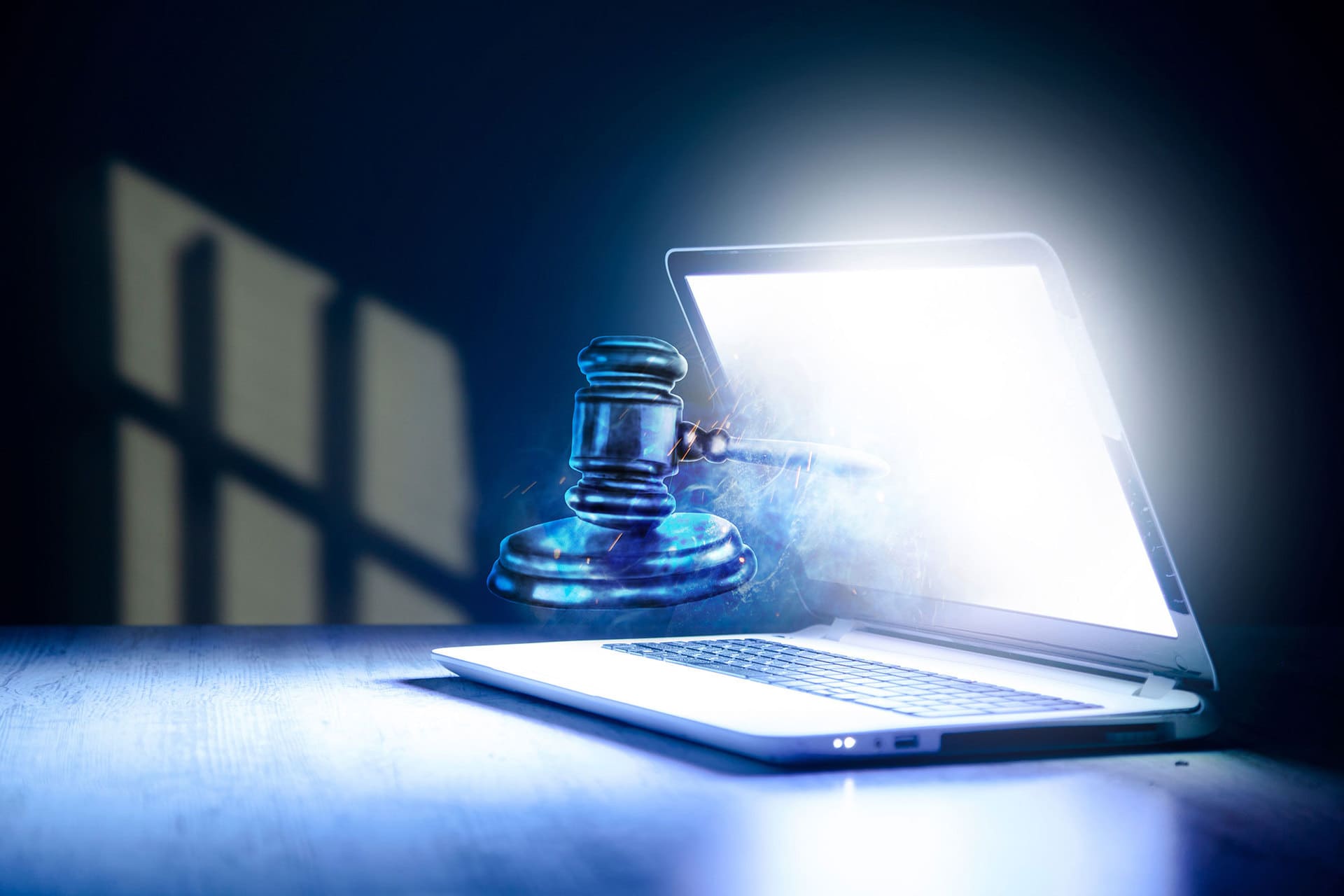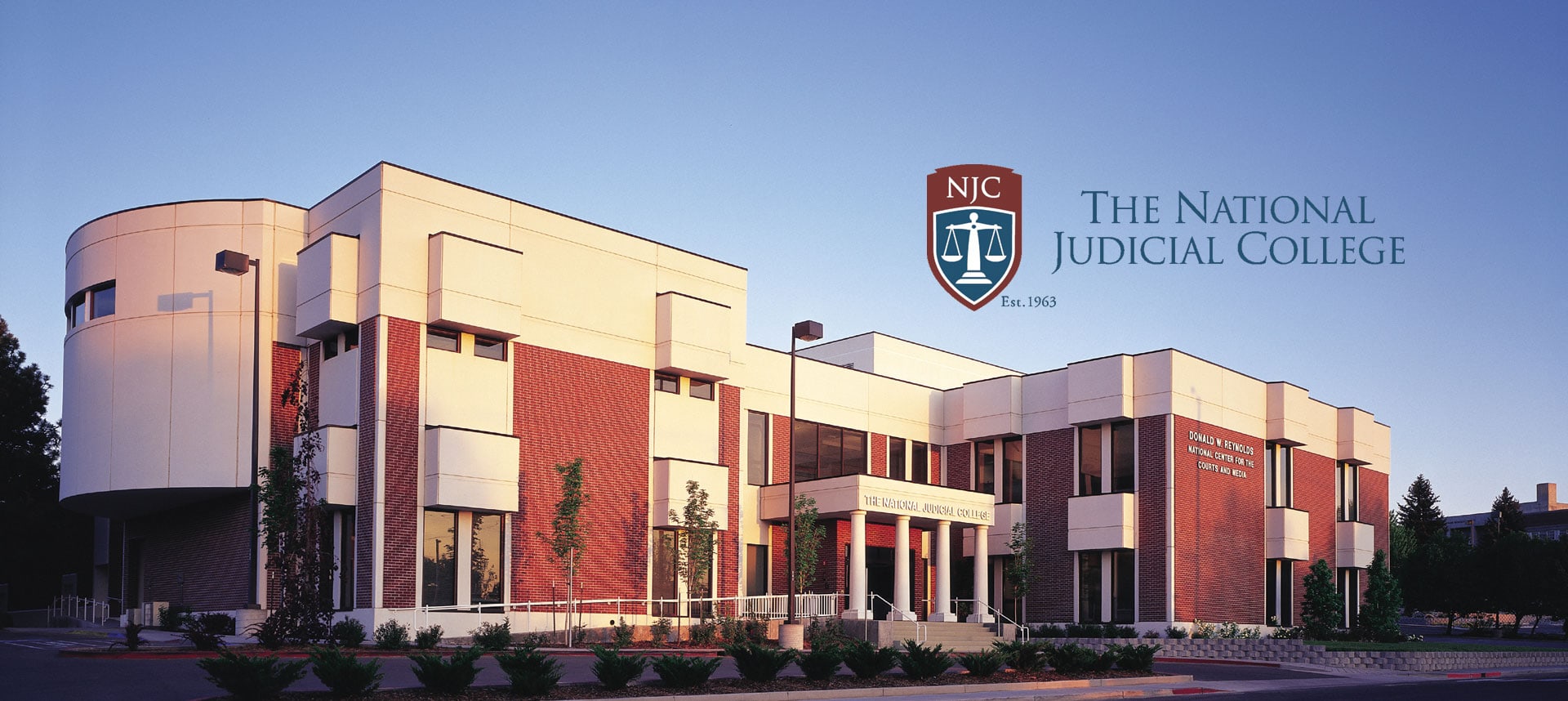
By Anna-Leigh Firth
Our June Question of the Month asked NJC alumni if they were seeing fewer no-shows in virtual hearings compared with conventional in-person hearings.
The vote came out roughly even: 47 percent of the 363 judges who responded said they had seen an improvement during the coronavirus-driven move to virtual hearings; 53 percent indicated that no-shows had stayed about the same or had even gotten worse.
Commented one judge, anonymously: “I have conducted hearings both in person and by phone for roughly 20 years. My in-person hearings show nearly all the time; the telephone hearings show about half the time.”
On the other hand, Maricopa County (AZ) Judge Gerald Williams reported: “In residential eviction actions, we have gone from a 90 percent no-show rate for tenants to an 80 percent rate of appearances because they can appear by telephone.”
Oklahoma Judge Mike Hogan, whose jurisdiction covers Pittsburg and McIntosh counties, reported that fewer people were showing up for remote hearings than they had for in-person hearings, and that trend was contributing to a case backlog. One reason for the absenteeism, he speculated, was that it had become easy for people to use “technical difficulties” as an excuse for not showing up.
Other reasons mentioned for no-shows included:
- Defendants being unaware of their virtual hearing date
- Lack of access to electronic devices
- Limited court access and assistance for self-represented litigants
- Genuine technical difficulties
Among the 47 percent of judges who said they were seeing improved attendance at hearings, many cited ease of access.
Virtual hearings remove traditional obstacles like lack of transportation (locally or from out of state), risk of losing employment if taking time off for court, and lack of childcare, wrote Blount County (TN) Juvenile Court Judge Kenlyn Foster.
Other factors mentioned:
- Defendants in prison can’t fail to appear in court
- One judge mentioned having better success reaching hearing participants by accessing contact information in the DMV’s database
- No fear of being arrested on the spot
- Self-represented litigants are more comfortable appearing by phone
- More people show up when the court sends a hearing reminder with virtual instructions to the attorney, bail bond company and the defendant
A few judges wrote that it was hard to tell whether absenteeism had improved because fewer citations were being issued and fewer court hearings were being held. Additionally, many courts have defaulted to cancellation of all hearings unless litigants specifically request that a hearing take place.
* Each month the College emails an informal, non-scientific one-question survey to its more than 12,000 judicial alumni in the United States and abroad. The results, summarized in the NJC’s Judicial Edge Today, are not intended to be characterized as conclusive research findings.

The Hon. Mary-Margaret Anderson (Ret.), a retired administrative law judge with the California Office of Ad...

Happy October, Gaveliers faithful. Are you loving this or what? No one believed a team made up of judges...


Hon. Diane J. Humetewa, the first Native American woman and the first enrolled tribal member to serve as a ...

Retired Massachusetts Chief Justice Margaret H. Marshall has been selected as the 2024 winner of the presti...